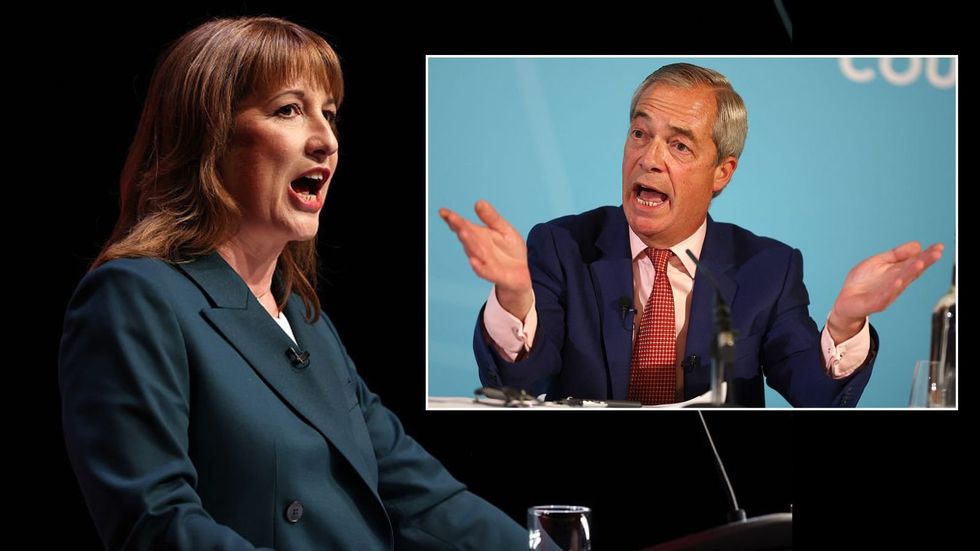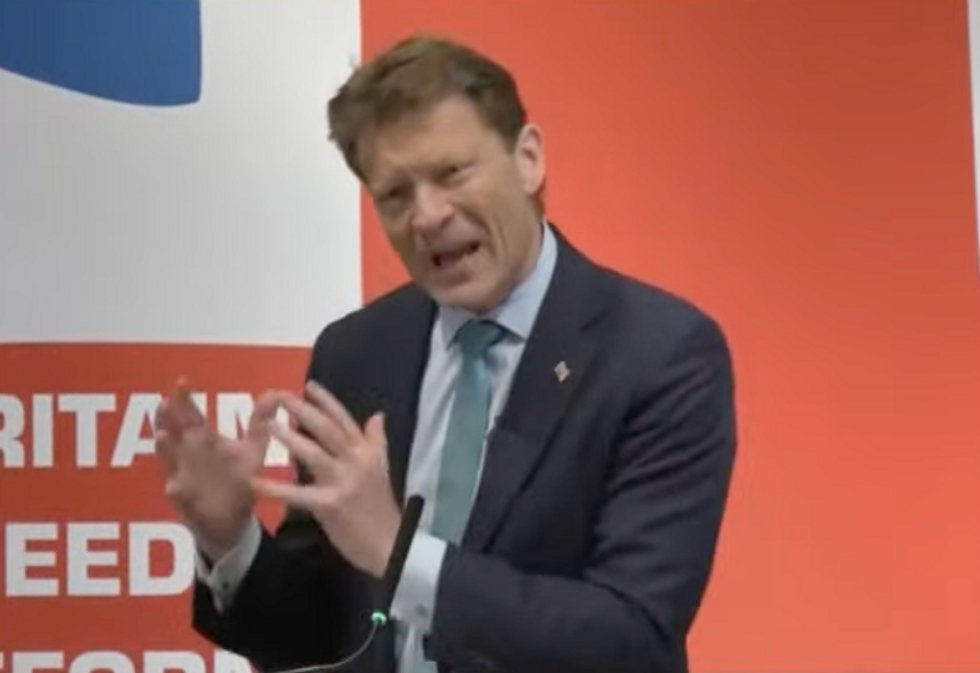Brexit supporters have called Chancellor Rachel Reeves a “total fraud” for linking Britain’s economic difficulties to the nation’s departure from the European Union.
The backlash emerged as Ms Reeves prepares for next month’s Budget.
Prominent Leave campaigners have condemned her stance, accusing her of using Brexit as a scapegoat for economic challenges.
The criticism intensified after the Chancellor described Brexit’s impact as “severe and long-lasting” while signalling that both tax rises and spending reductions remain under consideration at the Treasury.
Her comments have reignited tensions over Brexit’s economic legacy as the Government faces pressure to address a £30billion gap in public finances.
They follow similar remarks from Health Secretary Wes Streeting, who recently said he was “glad that Brexit is a problem whose name we now dare speak.”
Former Business Secretary Sir Jacob Rees-Mogg delivered a sharp rebuttal.
“It is simply untrue. Her problems would be far worse without Brexit,” he said.
Sir Jacob argued that remaining in the EU would have left Britain with “our national debt £78billion higher and our deficit £25billion worse.”

John Longworth, former head of the British Chambers of Commerce and now leader of the Independent Business Network, launched an even stronger attack.
He branded Ms Reeves “a total fraud” and accused her of having “created economic chaos” while driving up both inflation and unemployment.
“Blaming Brexit is the last refuge of a scoundrel and clearly wrong as we are outperforming France and Germany despite this awful Government which has no idea how to create growth using the opportunities of Brexit,” Mr Longworth said.
The response reflects deep frustration among Brexit advocates, who argue the 2016 referendum is being unfairly blamed for current economic problems.
Reform UK’s deputy leader Richard Tice demanded Sir Keir Starmer “take responsibility” for economic conditions.
LATEST DEVELOPMENTS
- Rachel Reeves urged to be ‘bold’ over tax and spending or face ‘Groundhog Day’ Budget
- ISA tax raid could make ‘mortgages more expensive’ as Rachel Reeves targets savings
- UK economy GROWS slightly in August but Rachel Reeves in ‘pre-Budget funk’

“It’s his budgets, his decisions and his miscalculations over the past year that have led this country to the brink. No-one is buying what Starmer is selling,” Mr Tice said.
He added: “He should take responsibility for the disaster that he has caused by appointing the most pro-tax, anti-growth Chancellor that I can remember.”
Shadow Chancellor Sir Mel Stride offered his own criticism.
“Rachel Reeves doesn’t need to raise taxes. She needs to get a grip of Government spending including the welfare bill,” he said.
He added: “Be in no doubt, this tax doom loop is down to the Chancellor’s economic mismanagement. Under Rachel Reeves we have seen inflation double, debt balloon, borrowing costs at a 27-year high, and taxes up with more pain on the way in the autumn.”
Despite the criticism, Ms Reeves reiterated that Brexit’s effects remain “severe and long-lasting”.
She said Britain was “undoing” some of the “damage” through its new agreement with the EU, which includes an “ambitious youth mobility scheme”.
Trade expert Shanker Singham cautioned against regulatory alignment with Brussels.
“Even the EU admits that its regulatory system damages competition and growth,” he said.
He argued Britain “should have been using its freedom to improve its regulatory environment, where the biggest gains actually lie.”
Mr Singham added: “Aligning to EU regulation negates these potential gains and leaves you only the costs. Both the Labour government and predecessor governments have failed to take advantage of this regulatory autonomy where the biggest economic gains lie.”
Ben Ramanauskas from Policy Exchange said the Chancellor should focus on reforming taxation and regulation instead of attributing problems to Brexit.
He called for cuts to public spending to enable tax reductions while removing barriers to construction of housing, commercial buildings and energy infrastructure.
Our Standards:
The GB News Editorial Charter







Follow